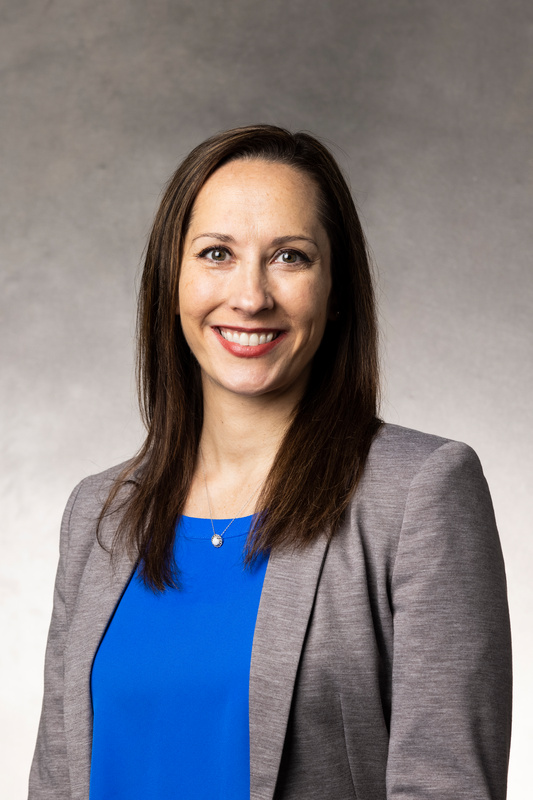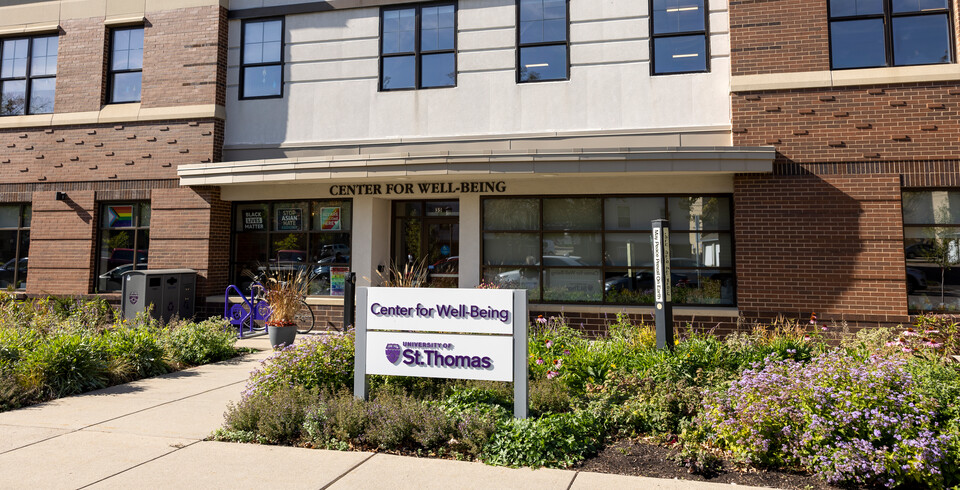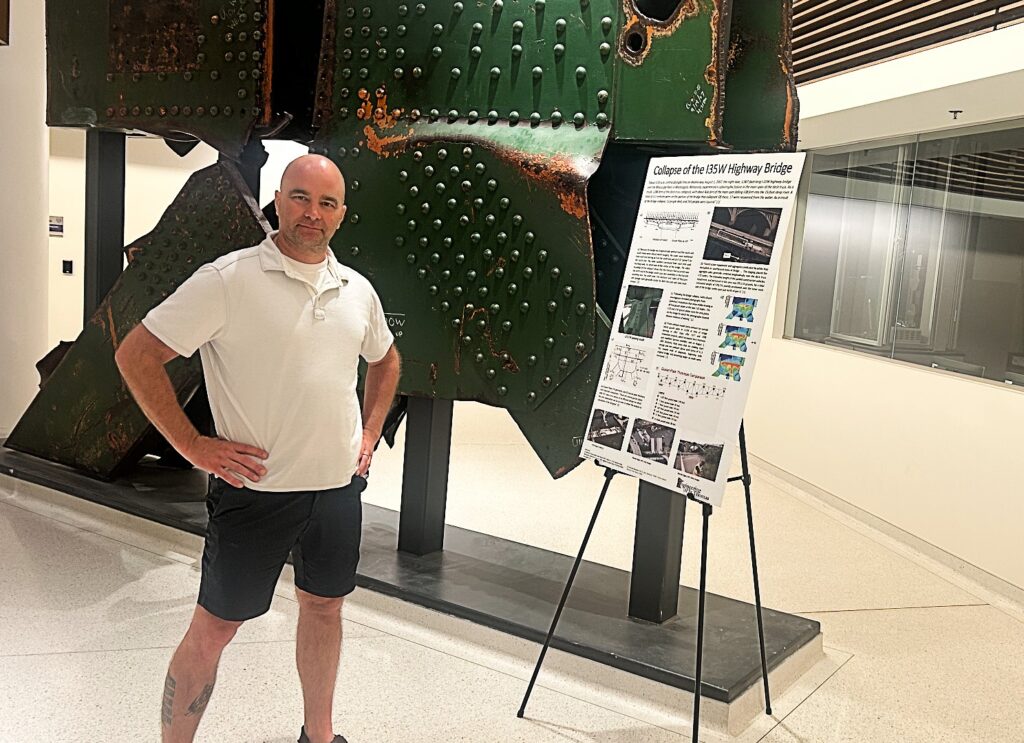For about 37% of undergraduate women and 7% of undergraduate men – and even higher for people who identify as LGBTQIA+ – their college path gets derailed when they become a victim survivor of sexual assault. Across the U.S., victim survivors need more support on college campuses.
When a person is sexually assaulted as an undergraduate, it’s often followed by additional hardships of an academic nature: Their GPA typically starts to decline, they experience learning problems, and 34% of them actually leave college because of the assault. Victim survivors have a high probability of developing post-traumatic stress disorder, multiple mental health issues, and physical pain.
Besides developing programs to help bring awareness to and help prevent sexual assault, another way to help victim survivors is to provide comprehensive post-assault care. At many universities, students would have to go miles away to a local hospital or clinic that could administer a medical forensic exam (MFE; sometimes referred to as a rape kit). This is only one reason victim survivors frequently decline to get the exam; some may not want to report to the police, some may be uncertain of what the exam entails, some fear they will get the perpetrator in trouble (approximately 90% of sexual assaults are perpetrated by non-strangers), and some simply lack access to transportation.
The University of St. Thomas in Minnesota is one of approximately 10 universities who are implementing or already have implemented on-campus post-assault care with registered nurse Sexual Assault Nurse Examiners (SANEs). SANEs are trained in trauma informed care, forensic interviewing, specimen collection, and risk assessment for infections and other consequences of the sexual assault. The Center for Well-Being will also have dedicated counselors in Counseling and Psychological Services (CAPS) who have appointments available to provide follow-up mental health care. The Center for Well-Being is also uniquely positioned to be able to assist with any on-campus needs, so as to help victim survivors be successful. Victim survivors who receive post-assault care by SANEs experience better outcomes and start their healing sooner than people who do not receive their post-assault care by a SANE.
In one study, of the survivors who received their initial care at a university health setting, 100% of them followed up with their care, as compared to only 33% of those who had their initial care in an emergency department.
It is an unfortunate reality that far too many people experience sexual assault, but we are prepared and ready to care for those who need it. The MFEs are provided at no cost to the victim survivor, and no police report is needed to complete the exam. The exam times will be limited to the hours of operation at the Center for Well-Being, and there are some circumstances where some people may still have to go to the emergency department (such as in cases with extensive injuries). But we hope that this service will improve our care of people who experience sexual assault and begin their path to healing.
Author bio:

Jessica Lemker is one of the 2024 Faculty and Staff Innovation Fellows. The program seeks to engage the university community in propelling St. Thomas to the forefront on innovation. This year’s inaugural cohort recipients were selected from a wide variety of exceptional proposals received from across the institution.
Lemker is the clinic manager and a nurse practitioner in Health Services in the Center for Well-Being. She has been trained as a SANE (Sexual Assault Nurse Examiner) and has undergone numerous optional continuing education trainings above and beyond the requirements for that role. She received her doctorate degree in nursing practice from the University of Minnesota and is a certified Family Nurse Practitioner. Lemker has partnered with many stakeholders on campus as well as the surrounding community in order to gain support for this initiative, including Ramsey County SOS advocates who can connect students to community resources and provide an alternative to reporting to law enforcement. Additionally, the resources and education needed to set up this program are partially funded through grants from the Luann Dummer Center for Women. She enjoys working with the university community and is passionate about educating others on health and healing.







